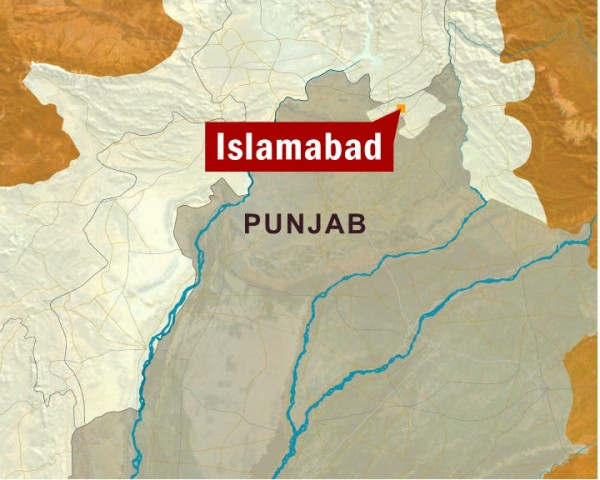Govt employees get relief

In his budget speech to the National Assembly here on Saturday evening, Minister for Finance Abdul Hafeez Sheikh announced an all-time high 50 per cent ad-hoc relief in the basic salaries of government employees between pay scales 1 and 16. The minister promised that the recommendations by a pay and pension commission would be implemented within three years.
Formed by the federal government last year, the commission had proposed the employees are given more than 100 per cent increase in salaries and their pay scales are revised from the upcoming fiscal starting from July 1, 2010. Hundreds of thousands of government employees across the country have been waiting for a decision on the implementation of the commission’s recommendations over the past few months.
Opposition parliamentarians, however, felt that the announced measures did not go far enough. Several of them commented that government employees are likely to be feeling demoralised by the government’s imitative.
“This benefit would not be available to such federal government employees who are already in receipt of a monthly allowance equal to one month’s basic pay,” he added.
The government also raised pensions by between 15 and 20 per cent for government retirees. Pensioners who retired after 2001 will be allowed 15 per cent increase and while those who retired before are set to get a raise of 20 per cent. The minimum monthly pension has been raised from Rs2,000 to Rs3,000. There were also significant increases in medical allowances for pensioners.
The government has will also provide unemployed youths with employment for 100 out of 365 days in a year, in a move similar to a policy that is currently in place in India. Details of the policy, including eligibility criteria were not yet available.
The minimum taxable income for salaried individuals has been raised from Rs200,000 a year to Rs300,000 per annum. The minimum taxable income for non-salaried and self-employed individuals has been brought at par with that for salaried persons, from the current Rs100,000 per year.
Subsidies sharply reduced
The subsidies on sale of essential commodities at the utility stores and on the electricity would be abolished from July 1 2010, with the government reducing its subsidy budget by over 44 per cent to Rs126.7 billion.
According to the budget document, the biggest cut came in power subsides, with a 43 per cent decline to Rs84 billion, compared to Rs147 billion during the outgoing fiscal year. The only segment whose subsidies will remain largely unchanged are those residential consumers who use less than 50 units per month.
Several subsidies were outright abolished including the subsidy on agriculture tube-wells (a recommendation of Asian Development Bank), the research subsidy for the automobile industry, the interest rate subsidy for the textile spinning sector, the subsidies on the sale of flour, pulses, ghee, rice and tea at the Utility Stores Corporation.
Significant reductions were made to the subsidies for sugar and wheat. The Ramzan Package subsidy was also cut by more than half.
Nonetheless, the government has set aside Rs10 billion for the power consumers of Federally Administrated Tribal Areas as well as Rs3.5 billion for the sugar sale at the utility stores. The Benazir Income Support Programme, which provides financial assistance to 3.5 million households with Rs1000 on monthly basis to each, will also continue to function.
additional reporting shahbaz rana
Published in the Express Tribune, June 6th, 2010.












1724319076-0/Untitled-design-(5)1724319076-0-208x130.webp)






COMMENTS
Comments are moderated and generally will be posted if they are on-topic and not abusive.
For more information, please see our Comments FAQ